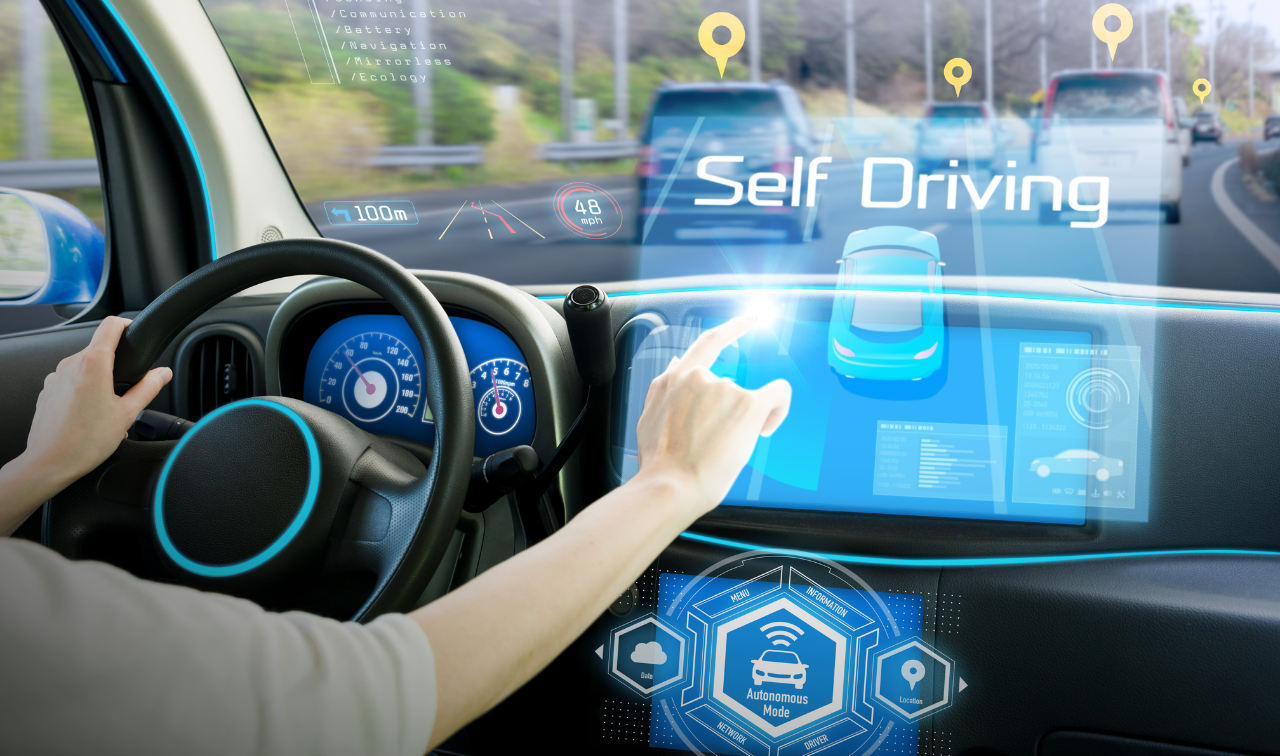Artificial Intelligence (AI) has revolutionised many areas of our lives, from healthcare to entertainment, from industrial automation to cybersecurity. While some of its applications are widely known, there are many others that are less obvious but just as surprising. In this article, we explore five lesser-known uses of AI that might surprise you.
Advanced Medical Diagnosis
AI is revolutionising the field of medicine, enabling faster and more accurate diagnoses. Some machine learning algorithms are capable of analysing large amounts of medical data, including diagnostic images such as X-rays and MRIs, to detect abnormalities and diseases more accurately than traditional methods.
Creation of Art
In the artistic landscape, Artificial Intelligence can be considered a significant booster to creativity. Sophisticated algorithms can be trained to produce paintings, sculptures and musical compositions. This encounter between technology and creativity has resulted in unique and innovative works of art, challenging conventional conceptions of the origin of artistic inspiration. If you would also like to experiment, you can visit AI Art from Contents.com, one of the most advanced Artificial Intelligence tools for creating visual content.
Financial Fraud Prevention
AI has also proven to be crucial in the field of financial security, particularly in fraud prevention. Machine learning algorithms analyse spending and financial behaviour patterns to detect suspicious transactions or fraudulent activities, thus providing an additional layer of security for online and offline transactions.
Customer Service Automation
Thanks to AI, customer services are becoming increasingly efficient. AI-powered chatbots are able to answer common questions, solve problems and provide assistance in real time, improving the operational efficiency of companies and reducing costs and waiting times for users.
Autonomous driving
The potential – and critical issues – of autonomous driving are at the centre of an open discussion worldwide. However, many may not realise that AI is already a widely used tool, as many vehicles already have built-in driver assistance systems. These devices use machine learning algorithms to analyse their surroundings, make real-time decisions and navigate safely, representing a major step forward in transport technology.
In conclusion, when we talk about Artificial Intelligence, we should not only think of the future because this technology is increasingly integrated into every facet of our existence, introducing a wide spectrum of surprising applications.
